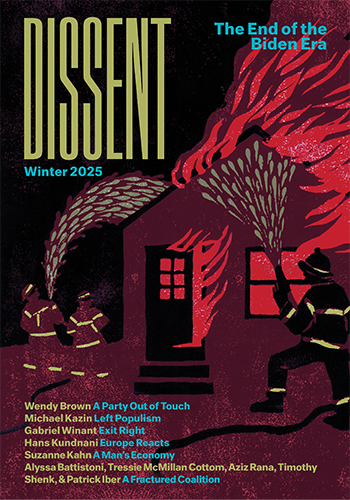The Paradox and Tragedy of Israeli-Palestinian Politics
The Paradox and Tragedy of Israeli-Palestinian Politics
Here is the paradox and the tragedy of Israeli-Palestinian politics in a few words. The Palestinian Authority (PA) is committed to the establishment of a state alongside Israel; its officials work hard to repress Palestinian terrorists, in close cooperation with Israeli police. And the Israeli government refuses to negotiate with them. Hamas, by contrast, is committed to the destruction of Israel and the establishment of a Palestinian state in its place; its leaders fire rockets aimed indiscriminately at Israeli towns and cities and sponsor and boast about organizing terrorist attacks inside Israel. And with them Israel is right now negotiating.
Hamas is the kind of enemy Bibi Netanyahu wants. Since its leaders aren’t interested in peace with Israel, they don’t force him to consider a withdrawal from the West Bank. Since they attack civilian targets, they are themselves legitimate targets for the Israeli army. Since their Charter is openly anti-Semitic, they don’t attract much European or American support—except on the far right and the far left. They are, so to speak, enemies in the image of the Enemy. The Israeli government can rightly say that it cannot be expected to tolerate rocket attacks on its cities. And everyone agrees: no government would tolerate such attacks—which is entirely true. But there is a further truth. Netanyahu’s government has been prepared to tolerate an ongoing cycle of rocket attacks, a limited Israeli response, and a ceasefire—followed, when Hamas chooses, by renewed rocket attacks, and so on. Ostensibly, the toleration follows from the difficulties of a military campaign designed to defeat Hamas and end its rule in Gaza. The cost would be high indeed—to the civilian population of the Strip and to the moral standing of Israel.
But Netanyahu’s toleration of the cycle also follows from a refusal to pursue a radical alternative. If Israel set out to extend and strengthen the grip of the PA on the West Bank; if it took steps to restrain the settler movement, to arrest the settler hoodlums, to shut down “illegal” settlements, and to begin negotiations leading to the evacuation of “legal” settlements—these moves would go a long way toward isolating and weakening Hamas. By contrast, the cycle of rockets from Gaza, Israeli military retaliation, and highly breakable ceasefire agreements have made Hamas militants the heroes of Palestinian resistance. Their heroism is part of the Palestinian tragedy, for it contributes nothing to the well-being of the men, women, and children of Gaza or of the West Bank. What it does is perverse: it empowers the right in Israel, and the Israeli right sustains the power of Hamas in Palestine.




